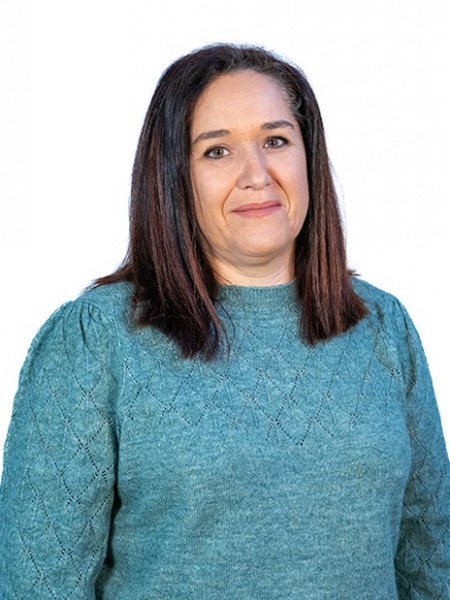abstract
One of the problems associated with biomass combustion is the amount of fly ashes generated and its subsequent management. The search for ways of valorizing these ashes has been a challenge for the academic and industrial community. On the other hand, used cooking oils are wastes which management is quite difficult, by they have a very important energetic potential. The goal of this work was to optimize the Fatty Acid Methyl Esters (FAME) process, recovering two residual materials (waste cooking oils (WCO), and biomass fly flash (BFA)). The optimization of the process was achieved using the response surface methodology and a Box-Benhken experimental design applied to mixtures of WCO and refined palm oil (RPO), using BFA as catalyst. The influence on FAME yield of four variables (catalyst loading, methanol/oil molar ratio, RPO/WCO ratio and reaction temperature) was studied. The higher FAME yield achieved was 73.8% for the following operating conditions: 13.57 wt% of catalyst loading, 6.7 of meth-anol/oil molar ratio, 28.04 wt% of RPO in the oil mixture with WCO and 55 degrees C for the reaction temperature. The reusability of the BFA catalyst in the process was also studied through three successive usage cycles finding no loss of catalytic activity. (C) 2020 Elsevier Ltd. All rights reserved.
keywords
BIODIESEL PRODUCTION; HETEROGENEOUS CATALYST; BIFUNCTIONAL CATALYST; WOOD ASH; TRANSESTERIFICATION; SHELL; ACID; FEEDSTOCK; OXIDE
subject category
Green & Sustainable Science & Technology; Energy & Fuels
authors
Vargas, EM; Ospina, L; Neves, MC; Tarelho, LAC; Nunes, MI
our authors
acknowledgements
Edgar M. Vargas S. expresses his sincere gratitude to the Universidad Jorge Tadeo Lozano (Direction of Investigation, Creation and Extension) for the financial assistance of this work. Marcia C. Neves acknowledges FCT, I.P. for the research contract CEECIND/00383/2017 under the CEEC Individual 2017. The authors thank for the financial support to FCT/MCTES for the financial support to CESAM (UIDP/50017/2020 & UIDB/50017/2020) and CICECO (UIDB/50011/2020 & UIDP/50011/2020) through national funds.


